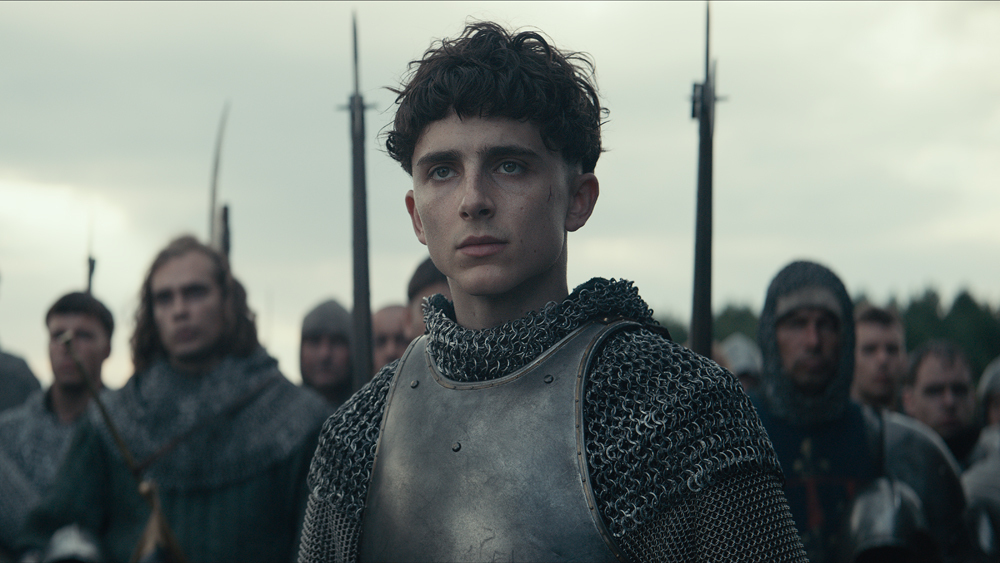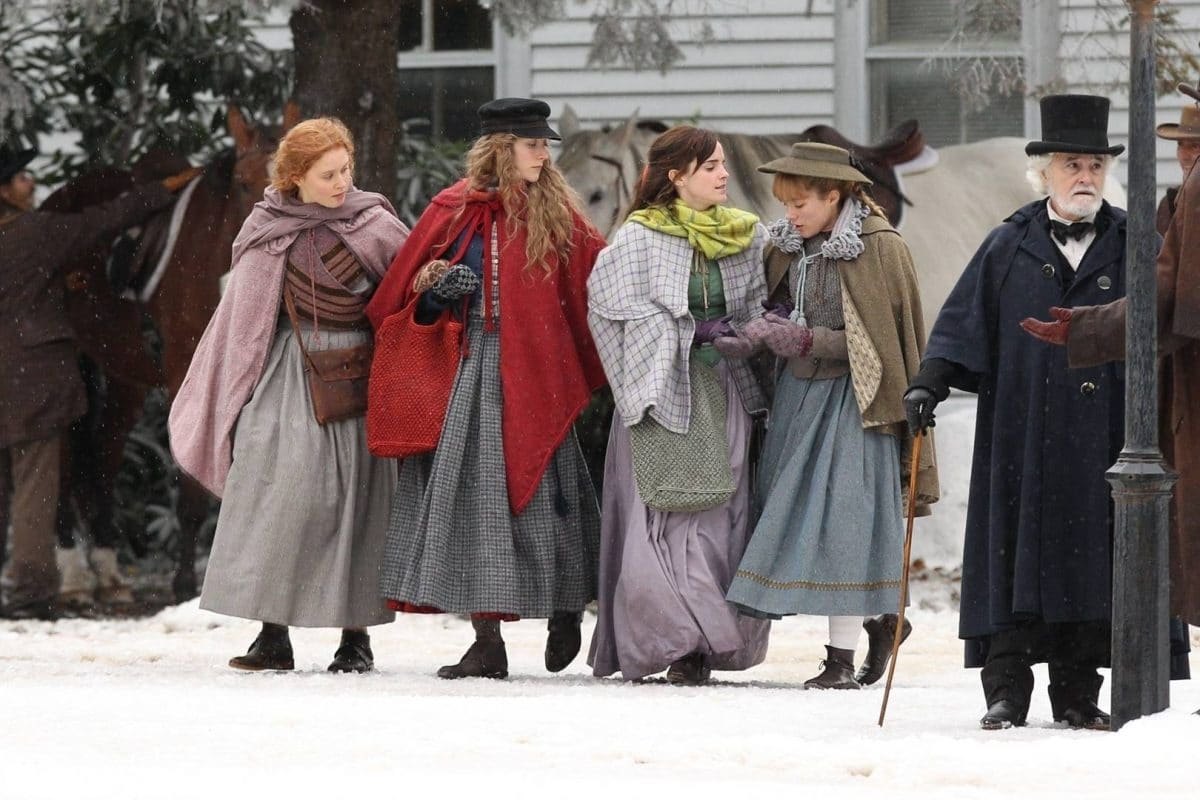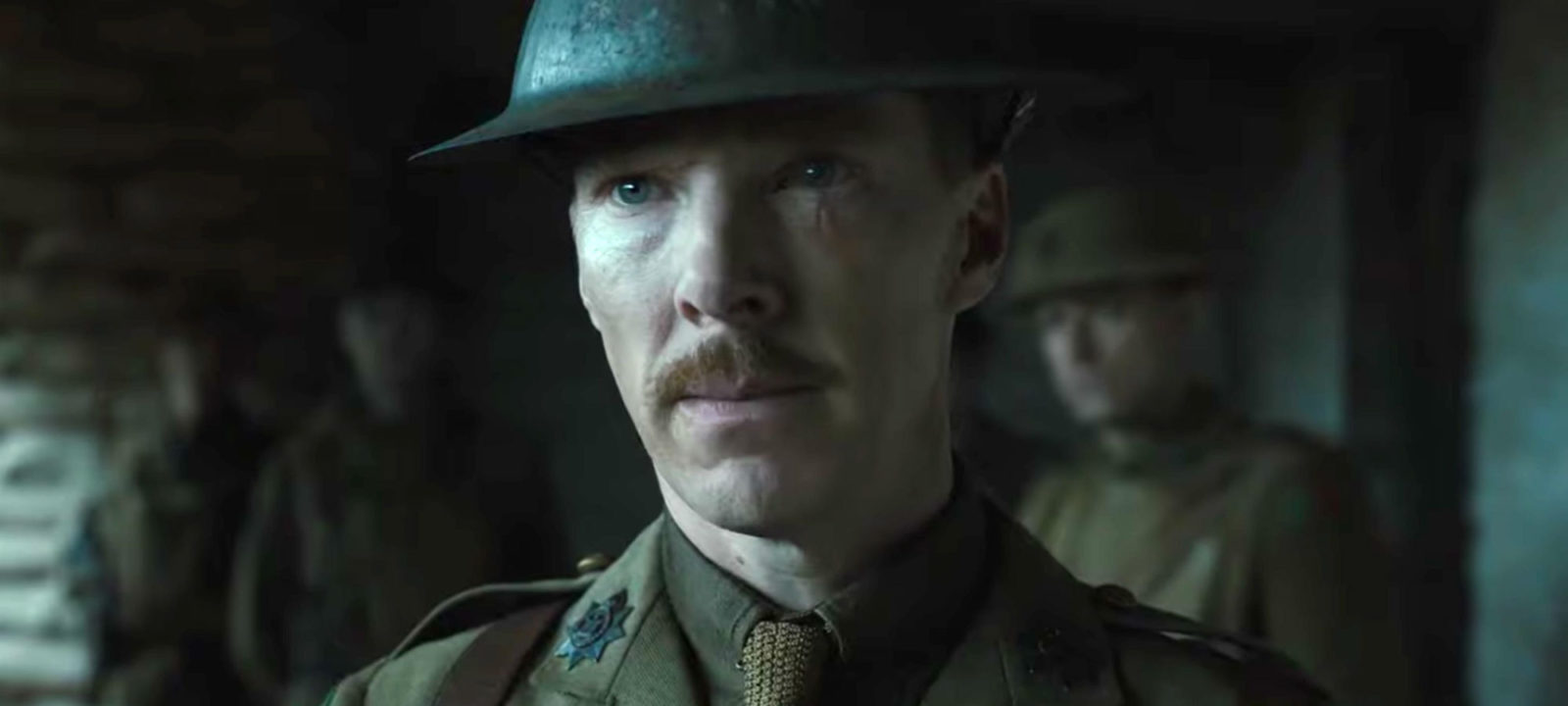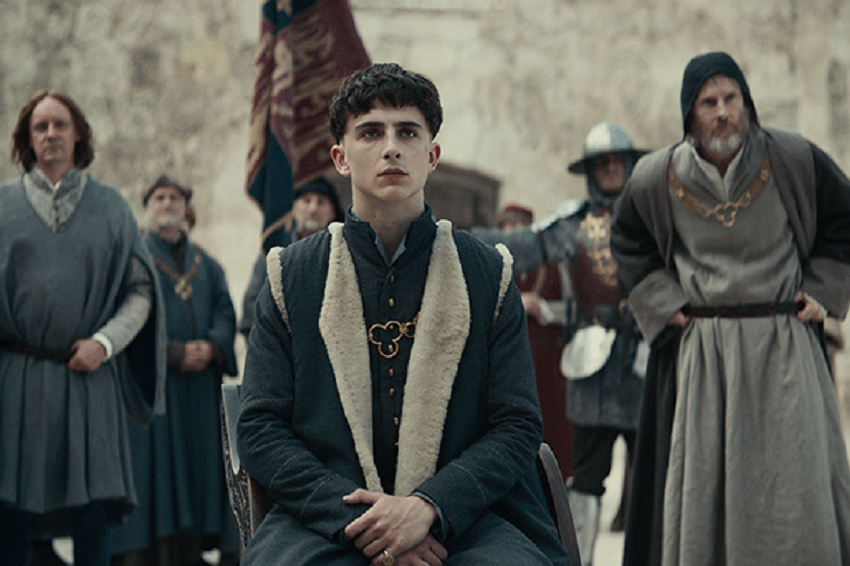The toughest choice a movie director has is the conundrum to trade historical accuracy and authenticity with theatrical prowess. While both are equally important to elevate a film, they don’t always go hand in hand. The success of previous historical and period movies has rested on the execution of certain elements of storytelling, such as the visual scale and framing techniques. Here we bring you the list of best historical movies and period dramas of 2019 each having different stories to tell.
10. Judy

Judy Garland was probably the most beloved musician of her generation. Trading extravagance and hubris with simplicity and humility, Judy captured hearts with her extraordinary talents and remained America’s heartbeat for a long time. ‘Judy’ documents her wild ride into fame from a young child to a legendary figure in pop culture with great ferocity and enthusiasm. Led by a powerhouse and poignant lead act by Renee Zellweger, ‘Judy’ encompasses the celebrated life of a once-in-a-lifetime personality who defined a generation with clear-eyed compassion and hard-hitting sincerity.
9. An Officer and a Spy

The Dreyfus affair began in the autumn of 1894 when Fench intelligence realized that someone was passing the German embassy in Paris with insider secrets. Dreyfus, the only Jew in the French battalion, is sent to the Devil’s Island. The story’s hero, Georges Picquart, investigates the matter and discovers the gross oversight in establishing blame on Dreyfus. ‘An Officer and A Spy’ embodies the great miscarriage of justice in the French justice system, the basis for today’s modern-day mechanism. With an ace cast and an exhaustive literary piece backing him, Polanksi sources the ingredients that make this infamous tale a special dive into human ideas of guilt and discovering the truth at any cost.
8. Downton Abbey

Britain’s favorite television show finally gets its much-awaited film adaptation. ‘Downton Abbey‘ sees the Crawley family buzz with excitement and prepare for the royal visit of the King and the Queen. The excitement is gently mixed with trepidation and anxiety as the royal household directly clashes with the Crawley servant group. As the film progresses, director Michael Engler gradually builds the tension and animosity between the two groups fighting for authority and superiority. The organic progression of the television series, which ended around two years before the events of the film, allows the wildly popular and admired cast to make a seamless transition.
There’s an immensely likable, light-hearted tone to the storytelling. Engels not only aims to thrill the series’ most loyal fans but strives to engage first-time viewers with a well-rounded presentation of the heavy cast. His management of crucial characters and the integrity of the story stand out and stamp his conviction in the vision. ‘Downton Abbey’ welcomes back its roster and fanbase with a wonderful rendition of the series, despite lacking the formula that made it so successful on the small screen.
7. The Mountain

‘The Mountain’ works on a really strange premise with sudden twists and turns that catch you off guard. Jeff Goldblum provides the A-list status to the film and stars as Dr. Fiennes, the central character of the film. Fiennes recruits Andy, a young man who has recently lost both his parents, as his handyman on a road trip. The pair travel across various asylums as Fiennes performs lobotomization on several patients, including Andy’s mother, sometime back. Andy reluctantly documents Fiennes’ exploits. Their next destination proves to be a life-changing experience for Andy, as his constant efforts to establish a connection with his mother’s spirit come to a haunting resolution.
The jarring tonal shifts and the events’ general absurdity directly connect to director Rick Alverson’s thematic overture. Our introduction and subsequent dive into Alverson’s world is facilitated by inch-perfect framing, almost mechanical in a way. It seems somebody keeps pushing from the outside as the insides of his camera keep contracting. Alverson’s repulsion to the traditional three-act structure results in a muddled, ingenious, and distorted storytelling.
6. Shadow

Zhang Yimou’s strikingly crafted masterpiece is highly deliberative and fierce in commenting on ancient elitist China. The movie focuses on the untold and obscure roles that “shadows”, loyal surrogates of nobles and emperors, played in preserving their master’s lives. Absent from the annals of history, shadows lived their lives, not as their own, and vanished without a trace. Deng Chao’s dual turn as Commander Ziyu and his shadow steers the film in the right direction and makes for a brilliant character study. Zhang’s immense dedication to recreating traditional-heavy China reaps great rewards, lending the film authenticity and originality.
Ancient China, frequently ravaged by internal wars between rulers, is recreated with great detail to attention. Its grandeur visual scale is matched by theatrical ambition, housing some of the most emotionally charged sequences of the year. The choreography of the battle scenes really distinguishes ‘Shadow’ from its contemporary peers. It is in the quieter moments between Madam and the shadow that we find the greatest magnitude of intensity. Like an artist’s brush, Zhang’s camera paints a bleak, macabre picture, mirroring the uncertainty and hostility that persisted in the enmity between rival kingdoms.
Chao and Sun Li give collectively the most memorable performances this year that are not only emotionally weighty but also magnificently untamed. The relentless realization of the climax crescendos into a fitting finale, rounding off a visually sumptuous and genre-defining period drama.
5. They Shall Never Grow Old

Using cutting edge innovation and materials from the BBC and Imperial War Museum, movie producer Peter Jackson permits the narrative of World War I to be told by the men who were there. Life on the front is investigated through the voices of the warriors, who talk about their emotions about the contention, the nourishment they ate, the companions they made and their fantasies of things to come.
These are the misgivings of a cinephile, and most watchers tuning in to such holding memories — of seeing a living man with his lung hanging out or of how the perished came to be viewed as “no issue, restoratively” — will presumably be too drawn in to even think about mind. It’s hard to get away from the feeling that Jackson has breathed life into history as in Dr. Frankenstein breathed life into things, having his way with the dead. An amazing specialized accomplishment with a clobbering enthusiastic effect, ‘They Shall Not Grow Old’ pays splendid true-to-life tribute to the penance of an age.
4. Les Miserables

The 2005 French riots in suburban Paris shocked the entire country and changed the dynamics of race relations in French society. The violent outbreak lasted more than three weeks, during the course of which persons and property suffered the most. Lady Ly’s narration includes insights into the brutality with which the anti-riot brigades made arrests and harassed protestors. The tense atmosphere crescendos into a frenetic, symbolic, and thrilling finale. The events chosen to be represented on-screen are highly charged with intent and ambition, greatly reflecting how infectious the movie carries its energy.
3. The King

Hal (Timothée Chalamet), a wayward ruler and hesitant beneficiary to the English position of royalty, has betrayed his illustrious life and is living among the individuals. However, when his domineering dad passes on, Hal is delegated King Henry V and is compelled to grasp the existence he had recently attempted to get away from. Presently, the youthful ruler must explore the castle’s governmental issues, disorder, and war his dad abandoned, and the passionate series of his previous existence — incorporating his association with his dearest companion and tutor, the maturing alcoholic knight, John Falstaff (Joel Edgerton).
Some have complained that ‘The King’ is overtly violent in terms of the blood spilled. It would probably be strong enough to even overtake an entire season of GoT by that account. But despite these minor issues, ‘The King’ represents great authenticity and authority in determining its fortunes from a historical standpoint. Emboldened by beautiful cinematography and a fierce leading performance by Timothee Chalamet, ‘The King’ makes for an engaging and subtle retelling of King Henry V’s tumultuous childhood and stint as the ruler of England.
Read More: Best Murder Mystery Movies of 2019
2. Little Women

Greta Gerwig, currently Hollywood’s starry-eyed dream child, is back with another compelling story battling gender conventionalism and societal tropes about a woman’s career options. The plot follows the lives of the March sisters, Amy, Jo, Beth, and Meg, in the aftermath of the civil war in New England. The period drama is set in the 1860s, affording Gerwig the opportunity to experiment and create a graceful visual tapestry for the film, as seems the case from the first looks. The ace cast features superstars like Emma Watson, Saorise Ronan, Florence Pugh, and Meryl Streep.
Read More: Best Family Movies of 2019
1. 1917

Critics have hailed ‘1917’ as the best war film since ‘Saving Private Ryan’. That’s very high praise by any yardstick when you take into account the fact that films like ‘Dunkirk’ and ‘Fury’ have released since the Steven Spielberg film. ‘1917’ is a unique war film is that there are no editing cuts in the film. It’s just one long shot — a filmmaking stunt successfully pulled off by ‘Birdman’ and ‘Rope’. San Mendes not only uses the technique to heighten the impact of the film, but also turns a war film into a horror movie. Yes, World War I horror film.
Read More: Best Crime Movies of 2019


You must be logged in to post a comment.